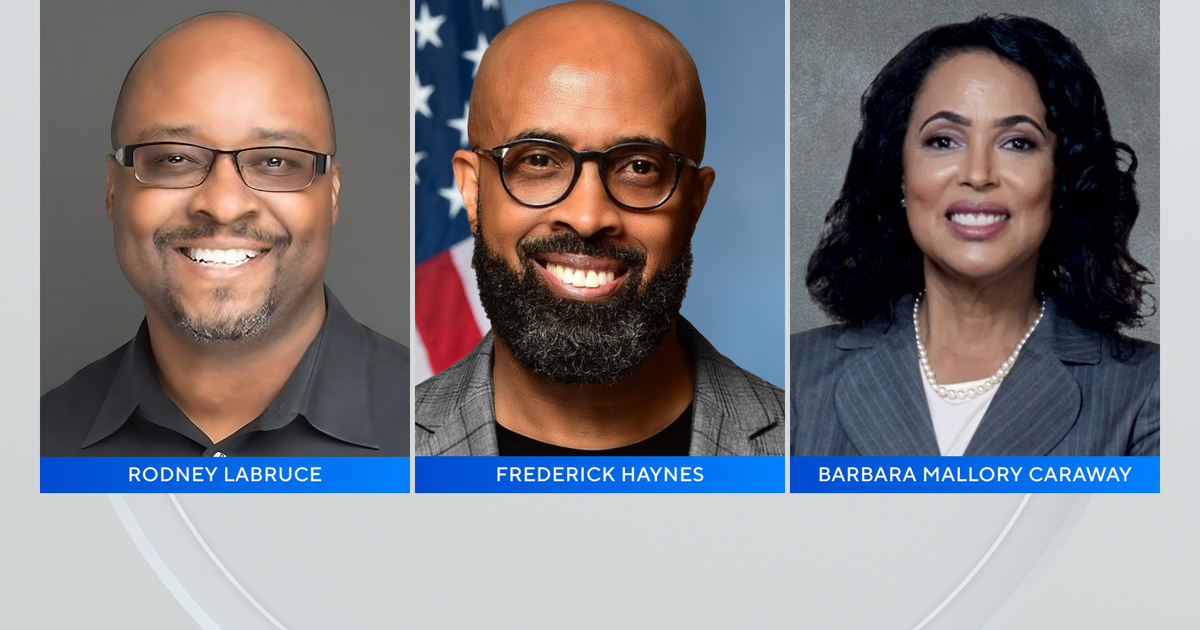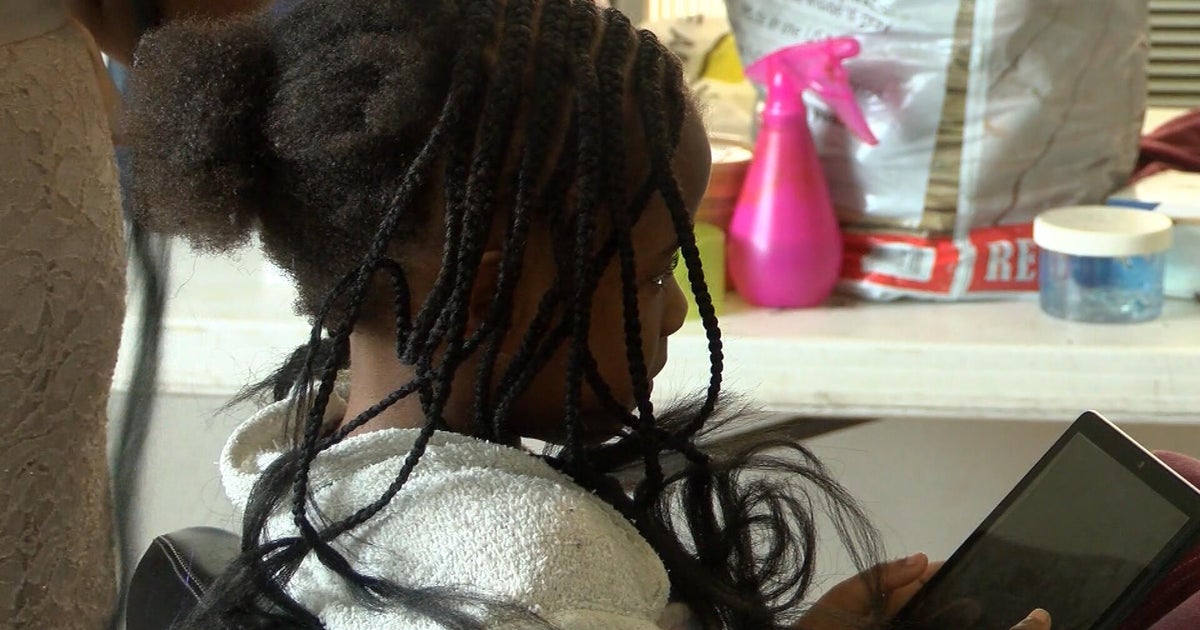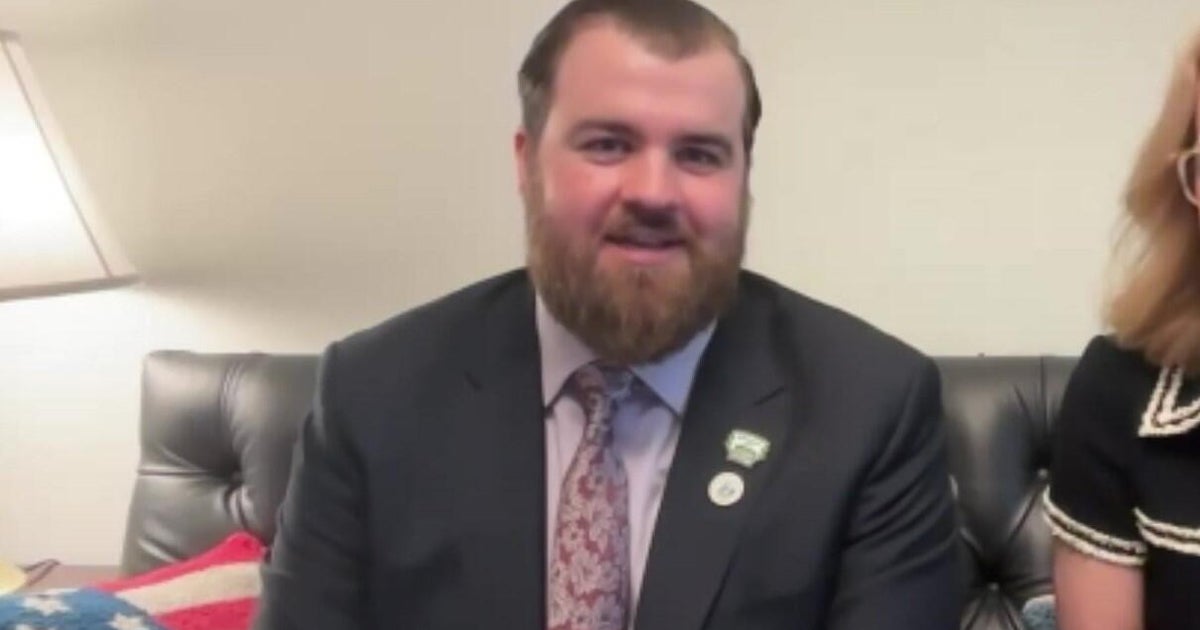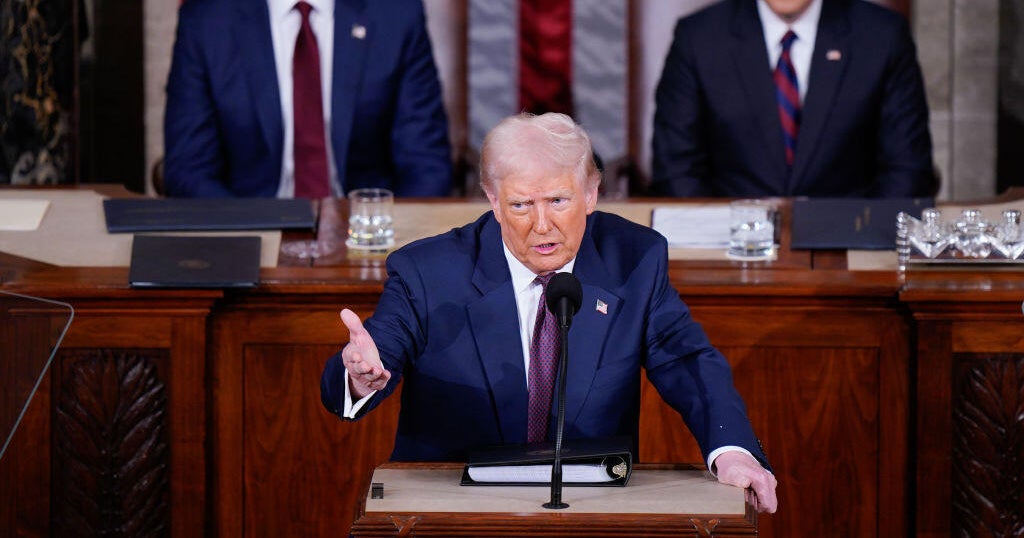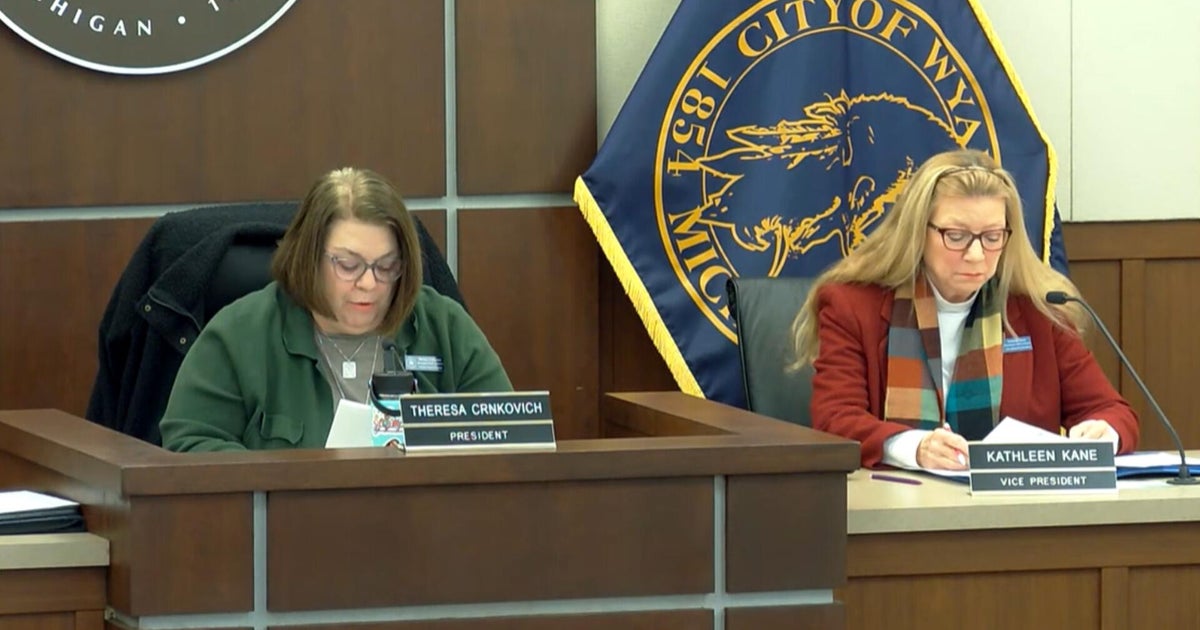Some House Democrats Pressing Pelosi To Step Aside
WASHINGTON (AP) -- In a fresh sign of turmoil among defeated Democrats, a growing number of the rank and file said they won't support U.S. House Speaker Nancy Pelosi of San Francisco in a politically symbolic roll call when the new Congress meets in January.
"The reality is that she is politically toxic," said Illinois Rep. Mike Quigley, one of several Democrats who are trying to pressure Pelosi to step aside as her party's leader in the wake of historic election losses to Republicans last week.
Pelosi startled many Democrats with a quick post-election announcement that she would run for minority leader. She has yet to draw an opponent for the post. Party elections are scheduled for next week, although a postponement is possible.
In the interim, Pelosi's critics have become more vocal in their efforts to retire her from the party leadership.
There's "starting to be a sense that this may not be as much of a done deal as people might have thought," Rep. Jason Altmire said of Pelosi's quest to remain the top Democrat.
"If enough people come out and voice a little discomfort with the idea of her continuing on, maybe she would reconsider," said the Pennsylvanian, one of a handful of Democrats who said he won't cast a ceremonial vote for her.
The election of a party leader occurs behind closed doors. A separate election for speaker to be held on Jan. 5, a few hours after the House convenes for the first time, is a very visible one. One member of each party is typically nominated, and each lawmaker is then called by name to stand and declare a choice. The event is customarily televised live.
Defections from party discipline are rare in such circumstances, but several Democrats said they would not support Pelosi. They did not specify how they would vote instead.
Pelosi's office declined to comment Wednesday on calls for her to step aside, but she was mounting a robust defense of her record. In a newspaper op-ed in USA Today, Pelosi blamed the election results on "the genuine frustration of the American people, who are justifiably angered by the continued high unemployment rate."
Most of the Democrats who say they would not support Pelosi are moderates from conservative districts who have toiled to distinguish themselves from their liberal leader, and who watched dozens of like-minded Democrats go down in defeat after Republicans savaged them in TV advertisements as lapdogs of the San Francisco congresswoman.
Quigley stopped short of saying he would oppose Pelosi on a public vote, but others did not.
"You would find an unusual number of people not voting for the nominee of their party" if Pelosi were the choice, said Rep. Jim Matheson of Utah.
"There's a growing number of people in the caucus saying, 'Why's she running for minority leader in the first place?' We just got thumped in this election in a major way, and to act like we can just go back and do the same thing over again. It just seems like a very obvious situation when change is called for," Matheson said.
Rep. Dan Boren, D-Okla., another conservative, said through a spokesman that he, too, plans to vote against Pelosi in public and private.
Rep. Mike Ross, D-Ark., strongly suggested as much in a statement in which he said he wouldn't back Pelosi "for House Democratic leader or any other leadership position in the Congress."
Democrats lost at least 60 seats in last week's elections, with a handful of races yet to be settled. Many of the defeats came in conservative or swing districts, and many of her critics are lawmakers who survived narrowly.
Altmire won re-election by little more than 2 percentage points, but Quigley ran up more than 70 percent of the vote in his Chicago-area district. Pelosi has "probably been made the scapegoat in all this," he said in an interview, but he added that keeping her as the top Democrat "would make recruitment very difficult and winning back the House in two years nearly impossible."
The prospect of substantial Democratic defections from Pelosi on the first day of the new Congress comes amid a heated debate between liberals and conservatives about the party's future. Many liberals assert Democrats must reinvigorate core supporters by refusing to compromise with Republicans on key principles, while centrists argue they must tack to the middle to win over independent voters.
The divide is complicated by the fact that the party's losses disproportionately hit moderates, purging the ranks of conservatives who call themselves "Blue Dogs," a coalition that lost more than half of its members. Liberals who are Pelosi's natural constituency now make up a greater percentage of House Democrats.
Her decision to seek a new term as party leader has also set off a messy struggle between Rep. Steny Hoyer of Maryland, currently the No. 2 Democrat, and Rep. James Clyburn of South Carolina, the current No. 3.
Hoyer is widely viewed as the voice of moderate Democrats in leadership, although his list of public supporters includes powerful liberals. Clyburn is the most powerful African-American in Congress. The two are competing for the second-in-command position in the minority in a contest that has taken on racial overtones in recent days with the decision of the Congressional Black Caucus to endorse Clyburn.
Democratic officials say Pelosi has urged Clyburn to bow out of the race and run for a lesser leadership job, with an additional promise of a newly created face-saving position on a key committee. The officials spoke on condition of anonymity, saying they were not authorized to discuss private discussions.
Kristie Greco, a spokeswoman for Clyburn, declined to confirm Pelosi's move, but said her boss remains a candidate and "The CBC wants to see this come to a vote."
Other Democrats, eager for a smooth transition, note that if Pelosi were to withdraw, it would avoid a face-off between Hoyer and Clyburn.
"It's still in play," Matheson said. But, he added, "without an alternative stepping up and saying, 'Vote for me instead,' it makes it a little more difficult."
Even the timetable for the selection of leaders has become embroiled in the controversy.
Two prominent liberals have called for a delay in the closed-door vote until next month.
"Following the loss of our majority, we should fully understand the causes of our historic losses before we begin the process of rebuilding," Reps. Peter DeFazio of Oregon and Marcy Kaptur of Ohio wrote fellow Democrats.
(© 2010 The Associated Press. All Rights Reserved. This material may not be published, broadcast, rewritten or redistributed.)
